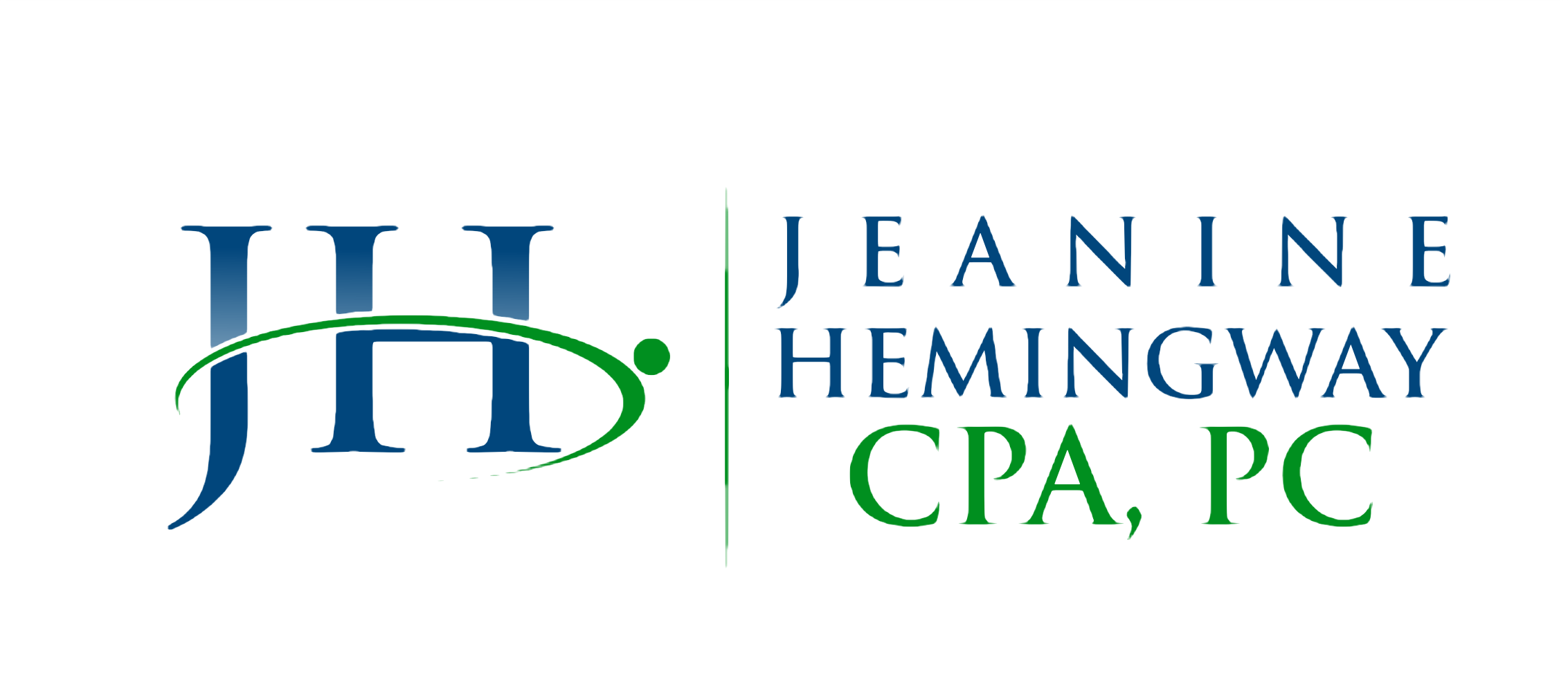April 10, 2018 – If you are self-employed, or if you have income other than your salary, (from a business, alimony, stock sales, rent, dividends and other sources) you may need to pay estimated taxes each quarter to square your tax bill with the IRS. Estimated tax is a method of paying tax on income that is not subject to withholding tax. The IRS requires estimated tax to be paid quarterly, typically in 4 equal installments. For the 2018 tax year, these dates are April 17, June 15, September 17, and January 15, 2019.
If you are filing as a sole proprietor, partner, S corporation shareholder, and/or a self-employed individual, you generally have to make estimated tax payments if you expect to owe tax of $1,000 or more when you file your return.
Calculating Estimated Taxes
To figure out your estimated tax, you must calculate your expected adjusted gross income, taxable income, taxes, deductions, and credits for the year. If you estimated your earnings too high or too low, simply complete another Form 1040-ES. Try to estimate your income as accurately as you can to avoid penalties due to underpayment.
The easiest way for individuals as well as businesses to pay their estimated federal taxes is to use the Electronic Federal Tax Payment System (EFTPS).
Not sure whether you need to make an estimated tax payment or need assistance with EFTPS? Give our office a call today.
